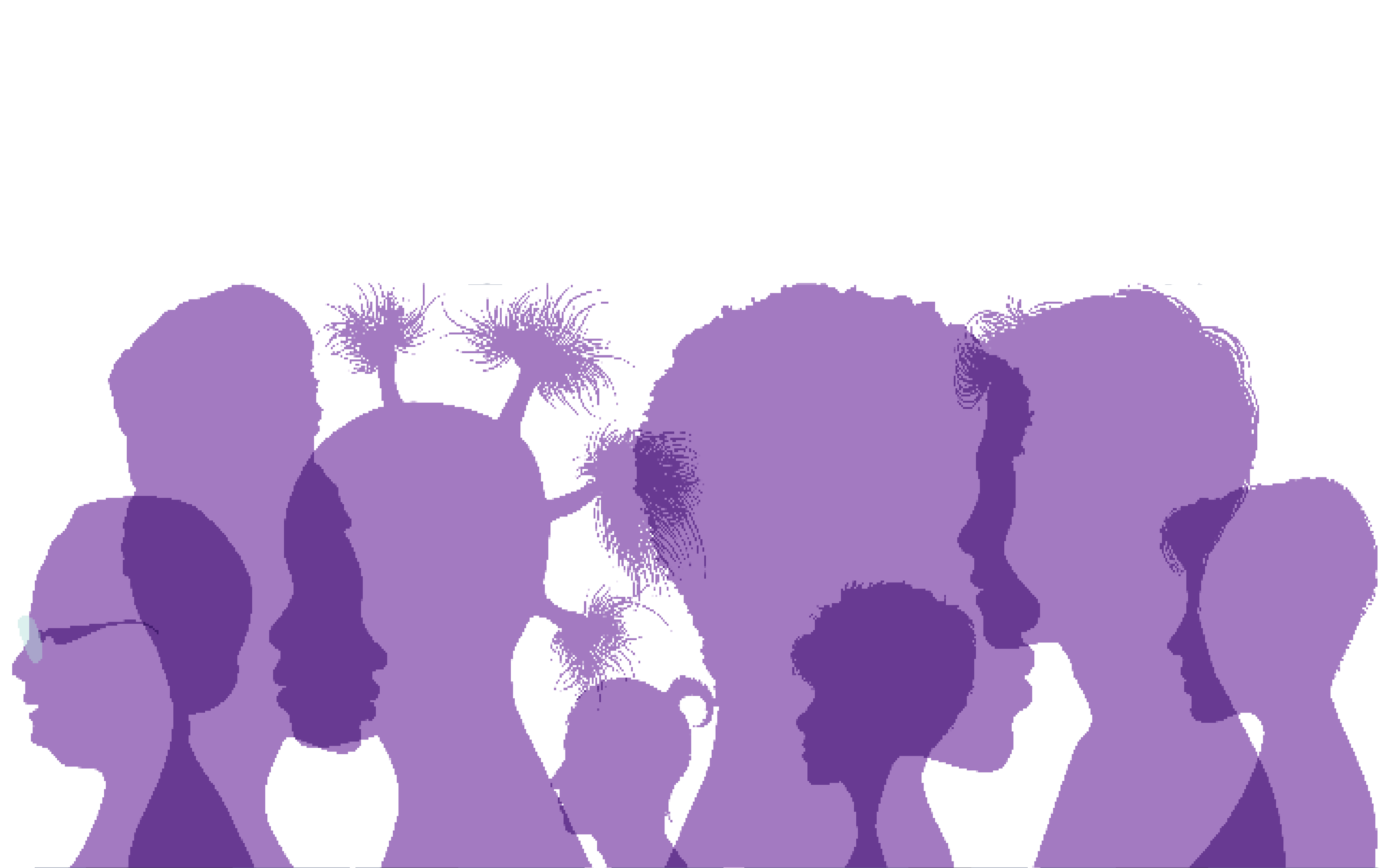What did you do to create inclusive practice and how did you do it?
I collaborated with the University’s Teaching Excellence Academy (TEA) to develop a Knowledge Management Framework (KMF) in order to support Hull’s competence-based HE. I consulted students, recent graduates, the Students’ Union and academic colleagues who teach and/or support learning. Recent graduates commented that a lack of definition, clear expectations or purpose in relation to knowledge management creates confusion and disadvantage; staff wanted guidance on supporting their students and their own academic practice. I created the KMF as part of the Library’s SkillsGuides. It can be embedded into Canvas the VLE. The framework guides academics in embedding knowledge management in curricula is sufficiently flexible to support different disciplinary needs and explicitly explains what students might expect from their course of study. The Elements of Knowledge Management page suggests how knowledge management can be written in curricula, and links to further guidance. Suggestions include: • Identifying and critically assessing appropriate sources • Understanding, questioning and clearly communicating knowledge to a diverse audience • Practicing effective, ethical information management • Communicating in person and through written, digital and media technologies, professionally and confidently. The Knowledge Management Framework page offers ten considerations for designing courses, and ten for study or research. Presenting these in parallel makes explicit their interrelationship, fosters understanding of the purpose of knowledge management, the Framework and the different roles and experiences of students and staff, and encourages reflection. I adapted the KMF to support the University’s partner institutions.
Why did you implement your example of inclusive practice?
The many reasons for implementation include:
• Hull’s diverse student community, and their varied life- and educational experiences prior to joining us
• The need to close the awarding gaps that disproportionately disadvantage students from certain demographics or geographies
• My experience of helping non-traditional learners develop their information literacy and other academic practices, which strongly demonstrated how the hidden curriculum is a real barrier to success and wellbeing in HE
• The World Economic Forum’s (WEF, 2018) Future of jobs report, and the need for students to maintain current disciplinary knowledge after graduation
• The dizzying speed of knowledge creation, and the importance of developing independent and critical thinking
• Evidence gathered from semi-structured interviews with recent graduates, students and teaching colleagues. The initial plan to develop a University-wide reading strategy was reframed with the introduction of competence-based HE, which has three elements:
• Disciplinary and professional experience;
• Knowledge management;
• Self-awareness. Hull’s emphasis on knowledge management, rather than acquisition, means it is critical to ensure everyone understands what knowledge is, how it can be developed and how individuals can chart their progress towards being competent. To move away from preconceptions of students’ levels of knowledge or shared experience, it is vital to explicitly articulate and explain what is required and how it can be achieved.
What was the impact of your case study?
The KMF was approved by the University’s Education Committee, and is now written into the University’s Student Experience and Success Strategy (USESS) to help simplify access to effective, efficient and excellent academic and non-academic support. USESS has only recently been launched, making it too soon to assess any impact, but the Strategy reinforces awareness of the Framework across our communities. The University’s TEA have also integrated the KMF into their development programmes for early career academics. Teaching colleagues are using the KMF to help students develop evidence-based, reflective approaches to sourcing and using information, and to transfer these skills from academia to the workplace. For example, Dr Neil Gordon, Reader in Computer Science, said: “As we have moved to a competency-based assessment, a key aspect of our degree and the module is to develop the students’ ability ‘to conduct guided investigation across’ various topics. The Framework helps to provide a way to consider that, with the focus on how to identify and use different information sources.” Usage data show the KMF SkillsGuide is used daily, with a four-fold increase in usage year-on-year. Formal evaluation, potentially using focus groups or semi-structured interviews, will take place later in the academic year.
What were the lessons learned?
True inclusivity emerges from listening to, valuing and acting upon students’ experiences. My main recommendations are: • Define the remit and outcome, and check regularly to keep on track • Work in partnership to draw on the widest range of expertise and insights • Do not be afraid to ask for help – everyone I worked with was unfailingly generous with their time and knowledge • Be comfortable with being uncomfortable, and identify areas for personal development • Accept that your experts and stakeholders will reject some of the ideas you consider to be your best • Do not take that scrutiny personally – it is focussed on producing the best possible outcomes. I would particularly like to thank my partner, Dr Jenny Lawrence, then Head of Hull’s Teaching Excellence Academy, for her expertise, enthusiasm and care while co-developing the KMF. Dr Lawrence is now Director of Oxford Centre for Academic Enhancement and Development.
Reference
World Economic Forum (2018) The future of jobs report. Available online.
